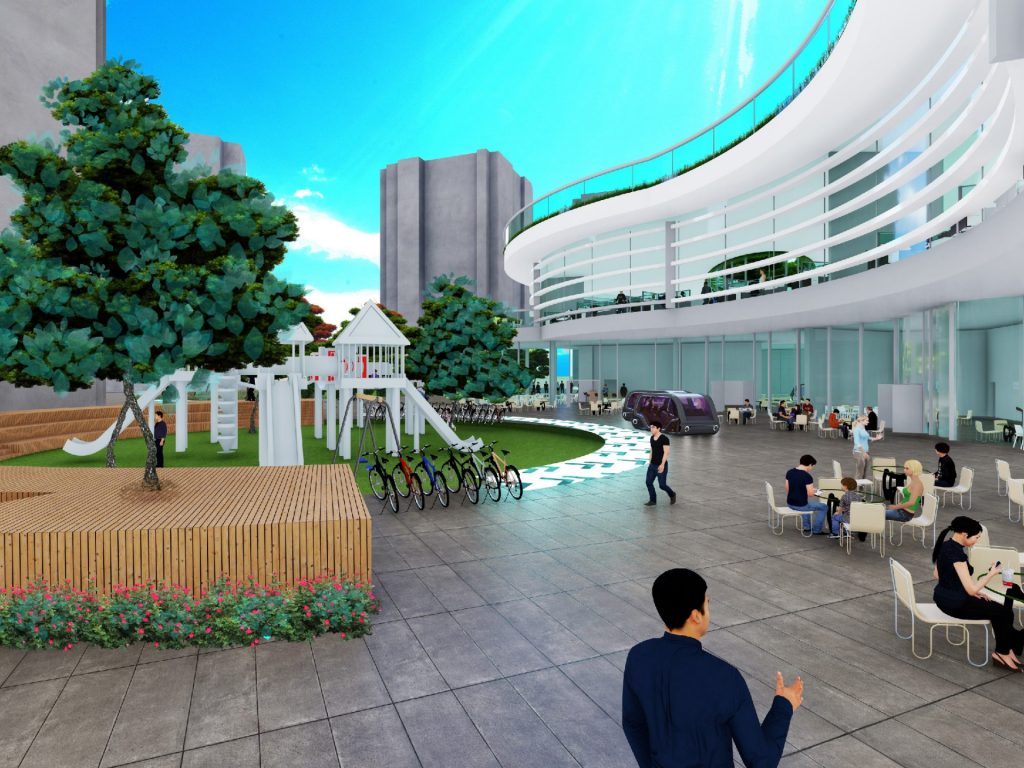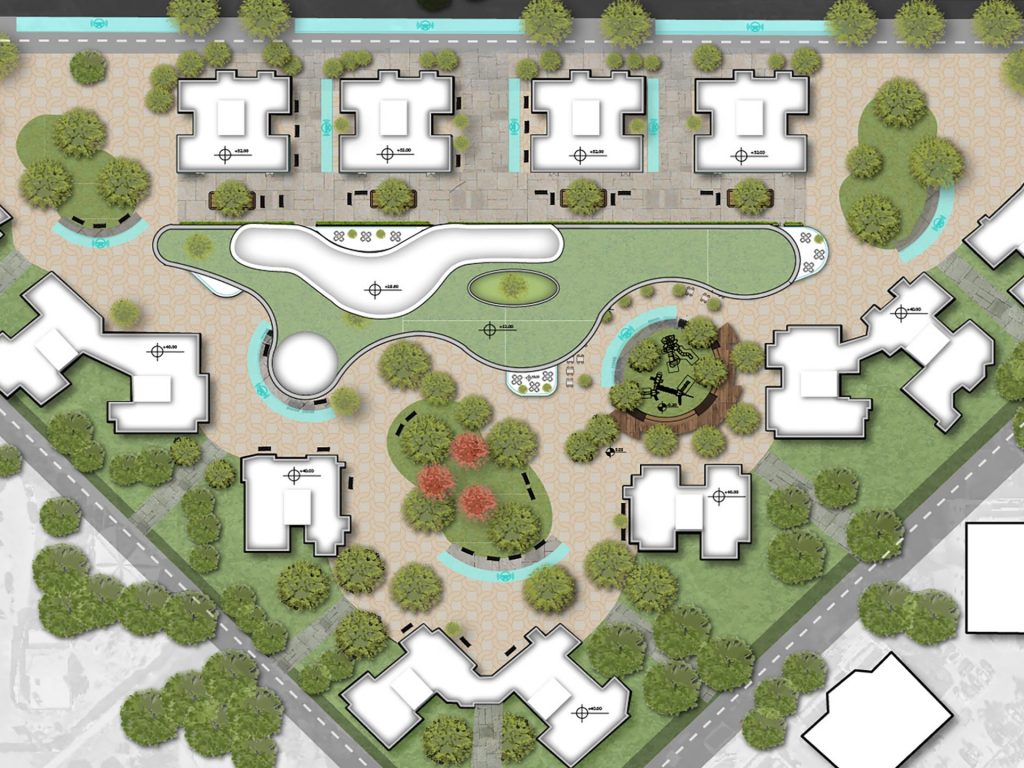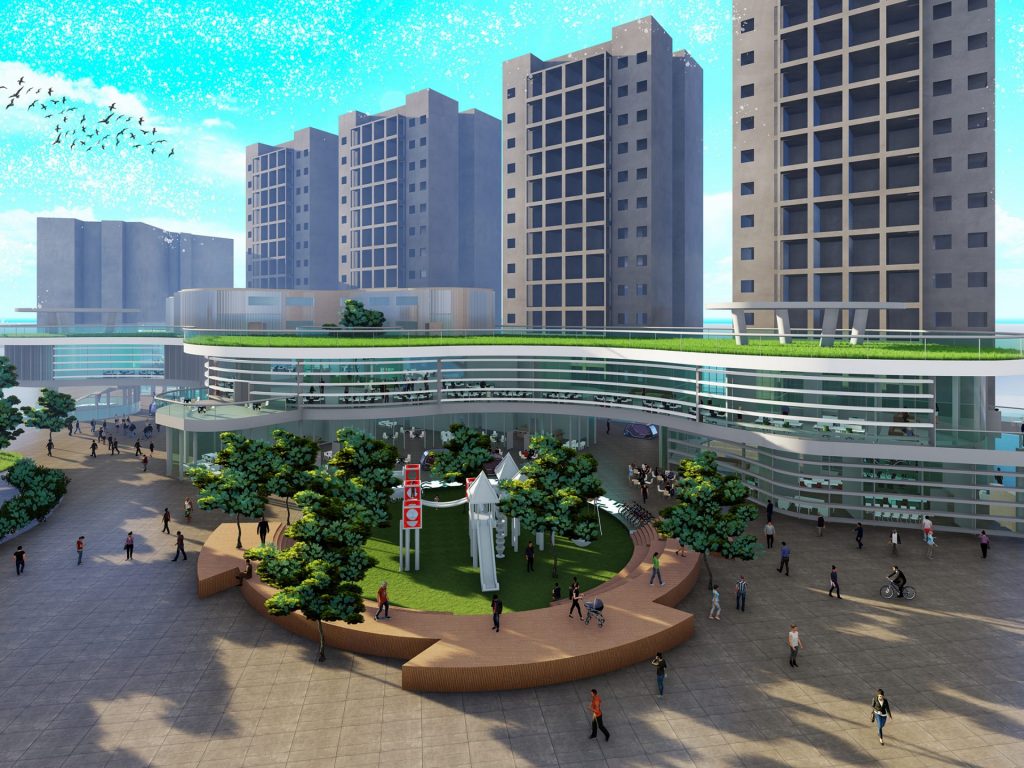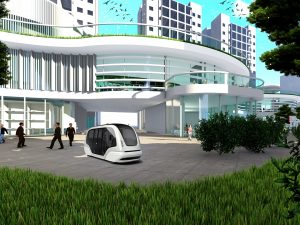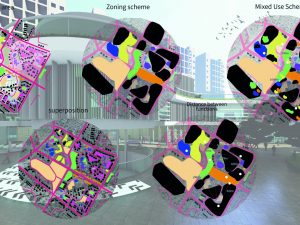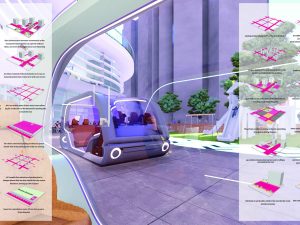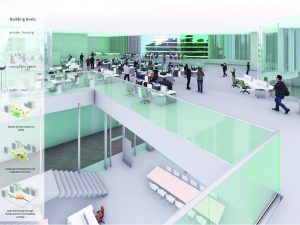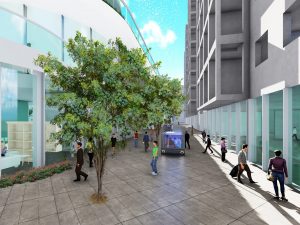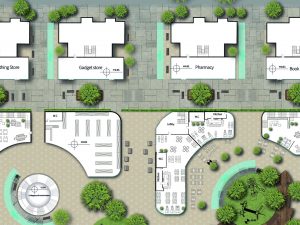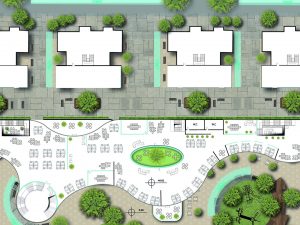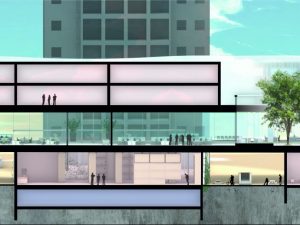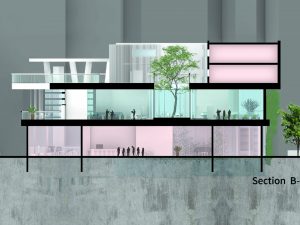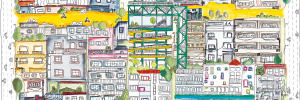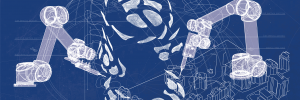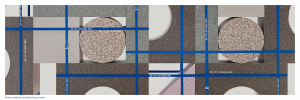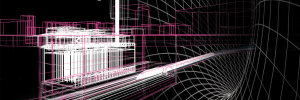Future City ft. AV
Nowadays, private cars occupy vast amounts of space in our cities, whether for transit or merely for parking. The private car’s popularity keeps increasing over time, and if this trend is allowed to continue, our streets will be congested with traffic and all the parking lots in the world will not suffice to contain our cars, on top of the negative environmental impact on our planet and our own health. The project explores the idea of what our cities might look like in the near future with the integration of the autonomous vehicle as a sustainable, smart novel framework that will help make our cities a pleasant place once again. By understanding the impact that such a framework would have on the built environment, the space it requires in the city and its connection to the built environment and people, our cities can become habitable places of higher quality, more walkable, healthier, more connected and more diverse. The project is set in the city of Ashdod, a city whose planning depended greatly on the privately owned car, as reflected in its massive network of streets and the abundance of parking lots resulting from its adoption of zoning. The project tries to break free of the zoning approach by creating human-scale urbanism that includes a multifunctional complex capable of serving the needs of people living within walking distance of it.



